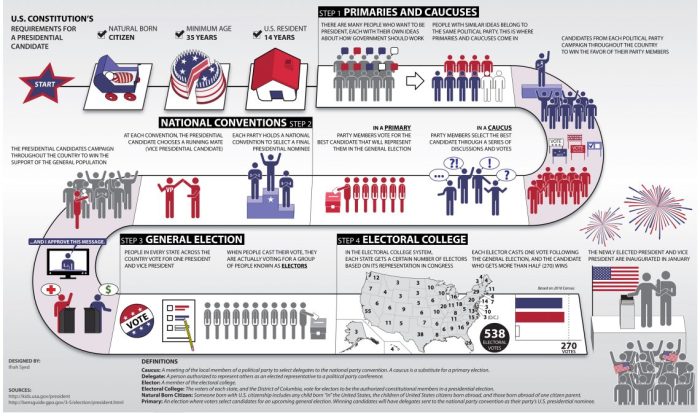Select the choices where the decision maker is rationally ignorant – The concept of rational ignorance, where individuals rationally choose to remain uninformed about certain issues due to the costs and benefits involved, has significant implications for decision-making. This article explores the definition, factors influencing, and strategies for overcoming rational ignorance, examining its consequences in various contexts.
Rational ignorance can arise when the costs of acquiring information outweigh the potential benefits. This can occur when issues are complex, information is scarce, or individuals lack the cognitive abilities to process it. Understanding the factors that influence rational ignorance is crucial for mitigating its effects.
Definition of Rational Ignorance
Rational ignorance is a concept in political science and economics that refers to the situation where individuals choose to remain uninformed about certain issues, even though it is in their self-interest to be informed. This occurs when the costs of acquiring and processing information about an issue outweigh the potential benefits of being informed.
For example, if an individual has only a small stake in the outcome of an election, they may choose to remain uninformed about the candidates and their policies, as the cost of acquiring information would outweigh the potential benefit of being informed.
Costs and Benefits of Rational Ignorance

Benefits of Rational Ignorance, Select the choices where the decision maker is rationally ignorant
- Saving time and energy: Individuals can save time and energy by choosing to remain uninformed about issues that are not directly relevant to their lives.
- Avoiding cognitive overload: Individuals can avoid cognitive overload by choosing to focus their attention on issues that are most important to them.
Costs of Rational Ignorance
- Making poor decisions: Individuals who are uninformed about an issue may make poor decisions that could have negative consequences for themselves or others.
- Being taken advantage of: Individuals who are uninformed about an issue may be more likely to be taken advantage of by others who are more informed.
Factors Influencing Rational Ignorance

- Complexity of the issue: The more complex an issue is, the more likely individuals are to be rationally ignorant about it.
- Amount of information available: The more information that is available about an issue, the less likely individuals are to be rationally ignorant about it.
- Individual’s cognitive abilities: Individuals with higher cognitive abilities are less likely to be rationally ignorant about an issue.
Research has found that the level of rational ignorance is influenced by a variety of factors, including the complexity of the issue, the amount of information available, and the individual’s cognitive abilities.
Overcoming Rational Ignorance: Select The Choices Where The Decision Maker Is Rationally Ignorant
There are a number of strategies that individuals can use to overcome rational ignorance, including:
- Seeking out information: Individuals can overcome rational ignorance by seeking out information about issues that are important to them.
- Consulting with experts: Individuals can consult with experts to get information about issues that they are not familiar with.
- Participating in public discourse: Individuals can participate in public discourse to learn about different perspectives on issues and to make their own voices heard.
Implications for Decision-Making

Rational ignorance has a number of implications for decision-making in various contexts, including politics, economics, and personal life.
- Politics: Rational ignorance can lead to poor political decisions, as individuals who are uninformed about political issues may be more likely to vote for candidates who do not represent their interests.
- Economics: Rational ignorance can lead to poor economic decisions, as individuals who are uninformed about economic issues may be more likely to make financial decisions that are not in their best interests.
- Personal life: Rational ignorance can lead to poor personal decisions, as individuals who are uninformed about personal issues may be more likely to make decisions that have negative consequences for themselves or others.
Questions Often Asked
What are the potential benefits of rational ignorance?
Saving time and energy, reducing cognitive overload, and avoiding potential negative consequences of acquiring information.
How can individuals overcome rational ignorance?
Seeking out information from credible sources, consulting with experts, and participating in public discourse.
What are the implications of rational ignorance for decision-making in politics?
It can lead to uninformed voting, manipulation by political actors, and ineffective policies.